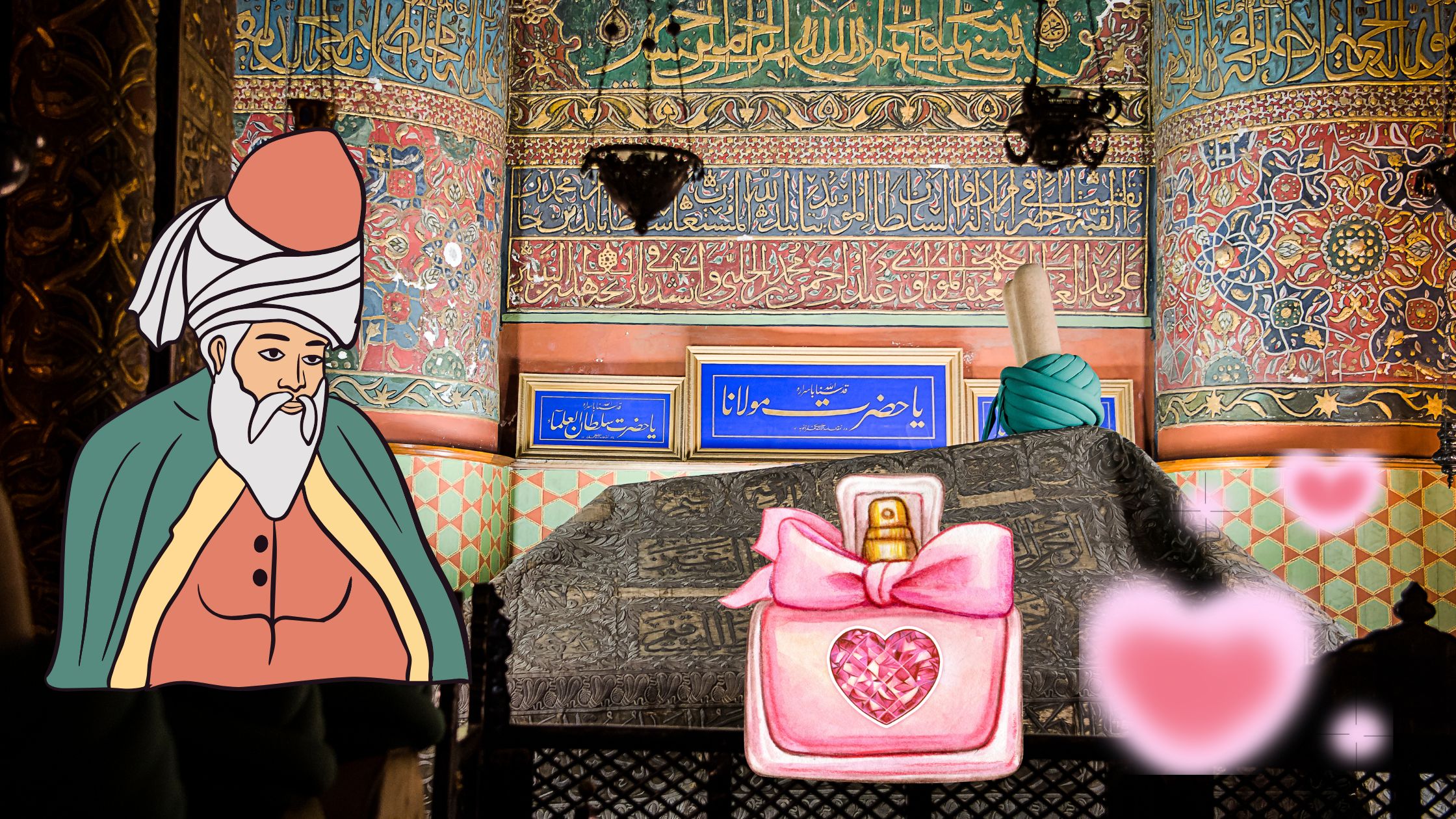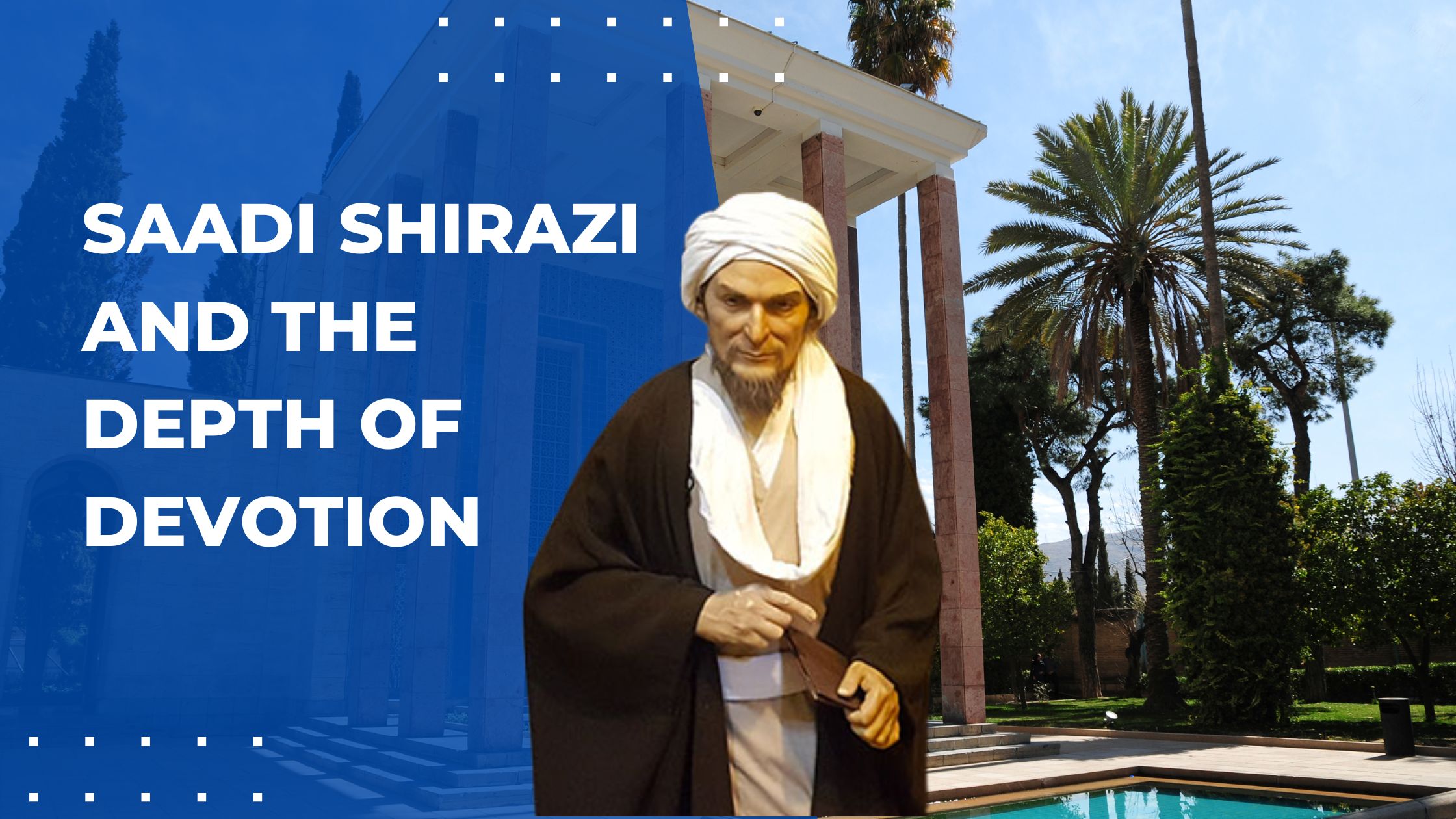Jalaluddin Rumi, one of the greatest mystical poets of all time, masterfully weaves metaphors that speak directly to the soul. In this short yet profound quatrain, Rumi uses the imagery of the rebab (a stringed instrument) and its bow to depict the dynamic interplay between the heart and divine love.
Poem in Persian:
دلها مثل رباب و عشق تو کمان
زامد شد این کمانچه دلها نالان
وانگه عمل کمان به مو وابسته است
گر مو شود اندیشه نگنجد به میان
Translation of Rumi’s Poem
Hearts are like the rebab, and your love is the bow,
From this bow, the lamenting hearts' melodies flow.
Yet the bow's action depends on a single strand,
Should that strand break, thought cannot understand.
This poem offers a beautiful reflection on love, surrender, and the delicate nature of the connection between the human and the divine. Let us delve deeper into its meaning.
The Heart as an Instrument of Divine Love
Rumi begins by likening the heart to a rebab, a traditional Persian stringed instrument. This metaphor is deeply symbolic: just as the rebab produces music when played by a skilled hand, the human heart produces the melodies of love when touched by divine grace.
However, the bow—representing divine love—plays an essential role in eliciting these melodies. Without the bow, the rebab is silent; similarly, without divine love, the heart remains dormant and unable to express its true essence.
The Fragility of Connection
Rumi’s second couplet shifts the focus to the bow’s reliance on a single strand of hair. The strand represents the fragility of the connection between the divine and the human, the finite and the infinite.
This strand is a metaphor for human awareness, faith, or intention—elements that sustain the relationship between the heart and divine love. Should this delicate strand snap (perhaps through doubt, ego, or distraction), the profound melody of love ceases, and the connection falters.
Rumi also emphasizes that this connection defies intellectual reasoning: once the strand breaks, the mind cannot comprehend what is lost. It is a realm of the heart and spirit, not of logic and thought.
Themes in Rumi’s Poetry
This poem reflects recurring themes in Rumi’s work:
- Love as the Driving Force of Life: Rumi often portrays love as the ultimate force that animates and transforms the soul.
- Surrender to the Divine: Just as the rebab must yield to the bow to produce music, the heart must surrender to divine love to fulfill its purpose.
- The Limitations of the Mind: The human intellect, no matter how sharp, cannot fully grasp the mysteries of divine love and connection.
Modern Reflections on Rumi’s Wisdom
In a world dominated by reason and logic, Rumi’s poem reminds us of the power and necessity of the heart. The fragility of the “strand” is a call to nurture our spiritual connection—through mindfulness, prayer, or love—lest we lose the profound harmony it brings to our lives.
The rebab’s lamenting melodies resonate with anyone who has felt the pangs of love, longing, or divine yearning. It is a reminder that vulnerability is not weakness but the source of our most beautiful expressions.
A Personal Reflection
This poem resonates with me as a metaphor for balancing the finite and infinite aspects of life. As someone deeply immersed in both the tangible world of technology and the intangible realm of Persian poetry and spirituality, I find Rumi’s imagery a poignant reminder to keep the "strand" of my connection intact.
When life becomes overwhelming, I revisit poems like this to remind myself that the greatest melodies arise not from force but from surrender to the divine bow.
How to Apply Rumi’s Wisdom Today
- Strengthen Your Strand: Dedicate time to practices that nurture your connection to something greater than yourself, whether through meditation, prayer, or acts of kindness.
- Embrace Vulnerability: Just as the rebab laments, allow yourself to feel deeply. Vulnerability is the birthplace of love and creativity.
- Move Beyond Logic: Trust that not everything needs to be understood intellectually. Some truths are best felt with the heart.
Closing Thoughts
Rumi’s poetry remains timeless because it speaks to the core of what it means to be human. In this poem, he reminds us that love is the essence of our being and that maintaining our connection to it is both fragile and essential.
How does this poem resonate with you? Have you experienced moments when your “strand” of connection felt strong—or when it seemed to snap? I’d love to hear your reflections on Rumi’s metaphor of the heart and the bow.
Let us strive to keep the delicate strand intact, so the melodies of love may continue to flow through our lives.





